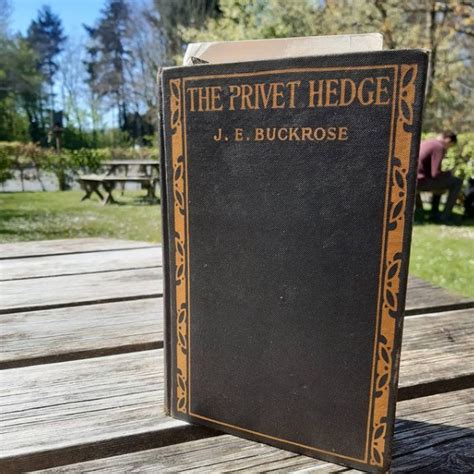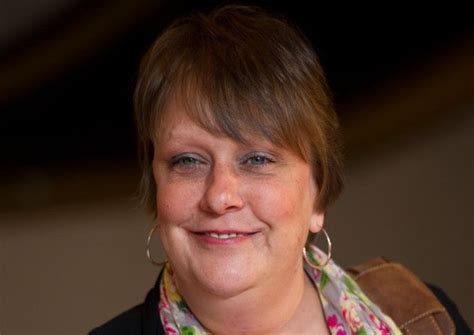A Quote by Franklin Graham
I don't condone bad language.
Quote Topics
Related Quotes
I believe that to knowingly commit actions that cause or condone suffering is reprehensible in the extreme. I call upon you to be compassionate and treat others as you want to be treated. If you don't want to be beaten, imprisoned, mutilated, killed or tortured then you shouldn't condone such behavior towards anyone, be they human or not.
In the twentieth century, men -- all of us -- find themselves compelled to commit or condone evil for the sake of preventing an evil believed to be greater. And the tragedy is that we do not know whether the evil we condone will not in the end be greater than the evil we seek to avert-- or be identified with.
We believe we can also show that words do not have exactly the same psychic "weight" depending on whether they belong to the language of reverie or to the language of daylight life-to rested language or language under surveillance-to the language of natural poetry or to the language hammered out by authoritarian prosodies.
There are some people that aren't into all the words. There are some people who would have you not use certain words. Yeah, there are 400,000 words in the English language, and there are seven of them that you can't say on television. What a ratio that is. 399,993 to seven. They must really be bad. They'd have to be outrageous, to be separated from a group that large. All of you over here, you seven. Bad words. That's what they told us they were, remember? 'That's a bad word.' You know bad words. Bad thoughts. Bad intentions.
Not bad in short, though the last one [understanding the language of animals], isn't half as useful as you might expect, since when all's said and done the language of the beasts tends to revolve around: a) the endless hunt for food, b) finding a warm bush to sleep in the evening, and c) the sporadic satisfication of certain glands. (Many would argue that the language of human kind boils down to this too)






































